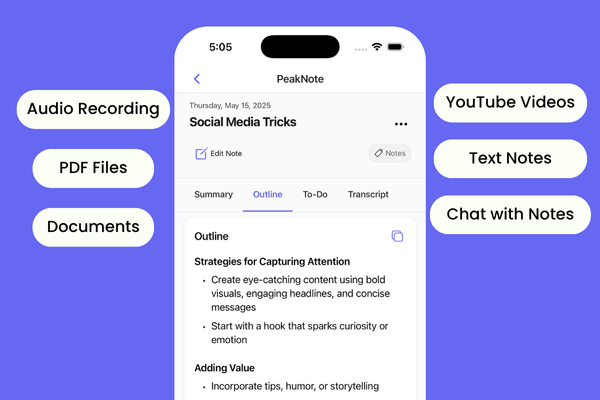As a budding JavaScript developer, the web browser's console is your best friend. It's not just a place to see error messages. It's also a powerful tool for debugging, understanding your code, and even running JavaScript on-the-fly.
In this article, we'll go over some of the most useful console commands that can make your life as a developer easier and more productive.
Whether you’re just starting out or you’ve been coding for years, these commands are essential for efficient JavaScript development.
1. console.log() - The Basics
Real-world use case: You’re writing a function, and you’re unsure if it's executing or what it's returning. By using console.log(), you can see the output of your code and understand its behavior.
What it does: Prints a message to the console.
Code:
let name = "Alice";
console.log(name); // Output: Alice
2. console.error() - Highlighting Errors
Real-world use case: You're troubleshooting a part of your application that isn't behaving as expected. By logging an error, you can get a standout message that's easy to spot in the console.
What it does: Displays an error message to the console.
Code:
console.error("This is an error message!"); // Displays the error message with a red icon.
3. console.table() - Tabular Data Display
Real-world use case: You have an array or an object and you want to view its content in a structured table format. This is especially helpful when dealing with long lists of data.
What it does: Displays data in a table format.
Code:
let users = [
{ name: "Alice", age: 28 },
{ name: "Bob", age: 22 }
];
console.table(users);
4. console.group() and console.groupEnd() - Organizing Logs
Real-world use case: You have several log statements and you want to group them together to make your console output cleaner and more organized.
What it does: Groups related logging statements together.
Code:
console.group("User Details");
console.log("Name: Alice");
console.log("Age: 28");
console.groupEnd();
console.group("Purchase History");
console.log("Product: Laptop");
console.log("Price: $1200");
console.groupEnd();
5. console.assert() - Conditional Logging
Real-world use case: You want to log a message only if a certain condition is false. This can be useful for debugging and ensuring specific conditions are met in your code.
What it does: Logs a message if the provided assertion is false.
Code:
let age = 15;
console.assert(age >= 18, "User is not an adult!"); // This will log the message since age is not >= 18.
6. console.clear() - Cleaning Up
Real-world use case: Your console is cluttered with numerous logs, and you want a fresh view.
What it does: Clears the console.
Code:
console.clear(); // This will clear all previous logs in the console.

